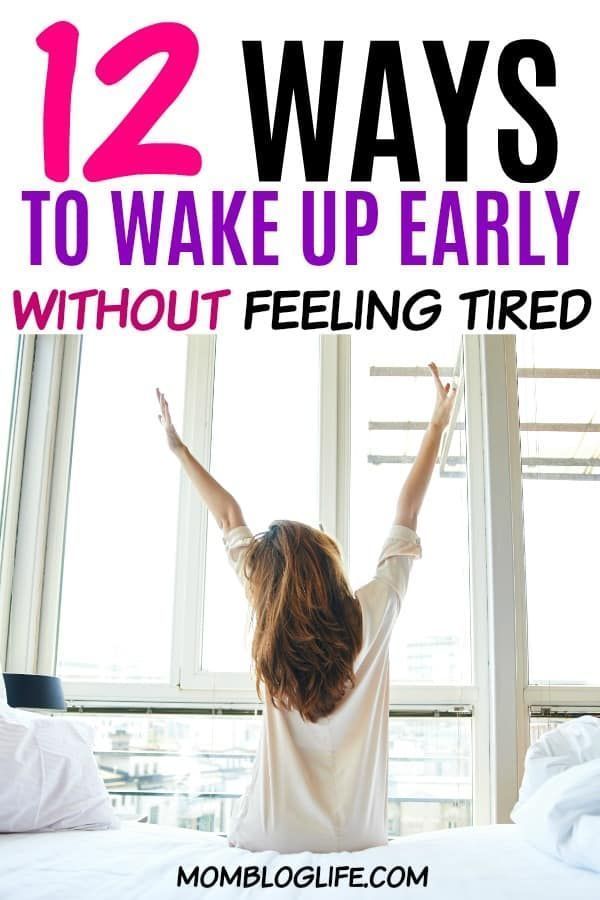In the last hour or so of sleep, your natural body clock releases cortisol and other hormones that prepare you to wake up, leading to you waking naturally, during a period of light sleep. But if you're woken by an alarm, it could go off during a period of deeper sleep which might leave you feeling more groggy.
For most people, feeling tired when you wake up is the result of sleep inertia, which is a natural feeling you experience as you transition between being asleep and awake. This feeling generally dissipates between 15 and 60 minutes after waking, but for some it can last longer. So if you are wondering why you’re still tired after 8 hours of sleep, this perfectly normal occurring phenomenon could be one explanation.
That said, sleep inertia can affect our motor and cognitive skills, so it can be frustrating if you have to be alert soon after waking. In some cases, it can even be dangerous — especially for anyone who has to drive for work, be on call, or perform safety-critical tasks.
But for some people, there could be an underlying medical or sleep condition playing a part.
These conditions include insomnia, which is when you have trouble falling or staying asleep. Primary insomnia is not linked to a health problem. It is caused by factors that can include stress from significant life events, or changes to your sleep schedule. Or it could be secondary insomnia, which is linked to health conditions like mental health issues, other sleep disorders, illness, or pain — and it can be acute or chronic. Acute insomnia lasts anywhere from one night to a few weeks and often needs no medical treatment. But chronic insomnia is when it occurs at least three nights a week for three months or more, and you should consult your doctor.
For many people asking, "Why am I so tired when I wake up?” there are steps you can take to ensure you are giving your body and mind the best chance of waking up feeling fresh by improving your sleep hygiene and other habits in your life.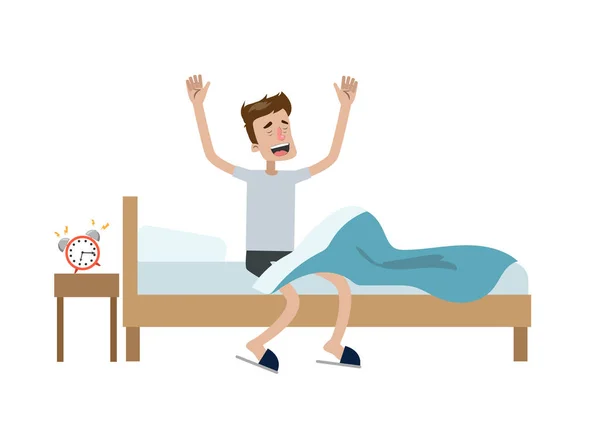
To wake up feeling refreshed, it is important to sleep well. The recommendation of the American Academy of Sleep Medicine is that adults should sleep for at least seven hours each night. But a third of Americans are getting less.
Sleep hygiene consists of good practices you can follow to create the ideal conditions for a quality night’s rest.
These include keeping a consistent sleep schedule of going to bed and waking up at the same time each day (even on weekends), keeping your room cool and comfortable, and avoiding coffee, alcohol, or eating too soon before bed.
Melatonin is a natural hormone released in your brain after dark to aid sleep, so it is best to take steps to ensure you do not interfere with that. This includes dimming the lights in your home after dark and keeping your bedroom dark at night, or wearing an eye mask. And, of course, turning off our electronic devices at least an hour before bed. As well as stimulating the brain at a time we are trying to log off, the blue light emitted from these devices disrupts melatonin production.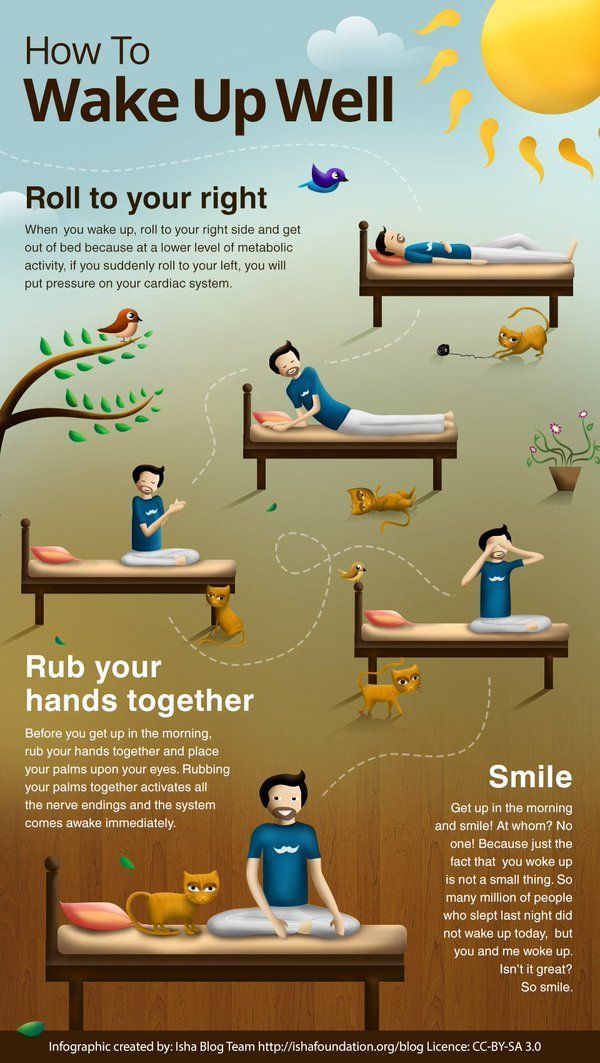
You can also try to maintain your room as your sanctuary for sleep. Have a comfortable mattress and pillow, and create a relaxing bedtime routine to train the mind that this is the place and time of rest.
Eating healthy foods for breakfast like proteins, whole grains, nuts, and lower-sugar fruits can help fight morning fatigue. And a short nap in the afternoon, ideally between 10 to 20 minutes, can also help to keep you feeling refreshed around the clock.
We include products we think are useful for our readers. If you buy through links on this page, we may earn a small commission. Here’s our process.
It’s not unusual to wake up feeling a bit groggy. For many people, it’s nothing a cup of coffee or shower can’t fix.
But if you regularly wake up tired, especially if you continue to feel fatigued throughout the day, there may be something else going on.
Here’s a look at some common causes of waking up tired.
Chances are, your morning grogginess is just sleep inertia, which is a normal part of the waking process. Your brain typically doesn’t instantly wake up after sleeping. It transitions gradually to a wakeful state.
During this transition period, you may feel groggy or disoriented. If you aren’t careful, you can easily fall back asleep.
Sleep inertia slows down your motor and cognitive skills, which is why it sometimes feels impossible to do anything right after you wake up.
Sleep inertia can last anywhere from a few minutes to over an hour, though it typically improves within 15 to 60 minutes.
If within the first few hours of falling asleep, you suddenly wake up from a deep sleep and are in a confused state, you may have sleep drunkenness.
Also called confusional arousals, sleep drunkenness is a sleep disorder that bypasses the inertia phase. An episode may last for up to 30 to 40 minutes. You may not even remember it occurred when you wake up to start the day.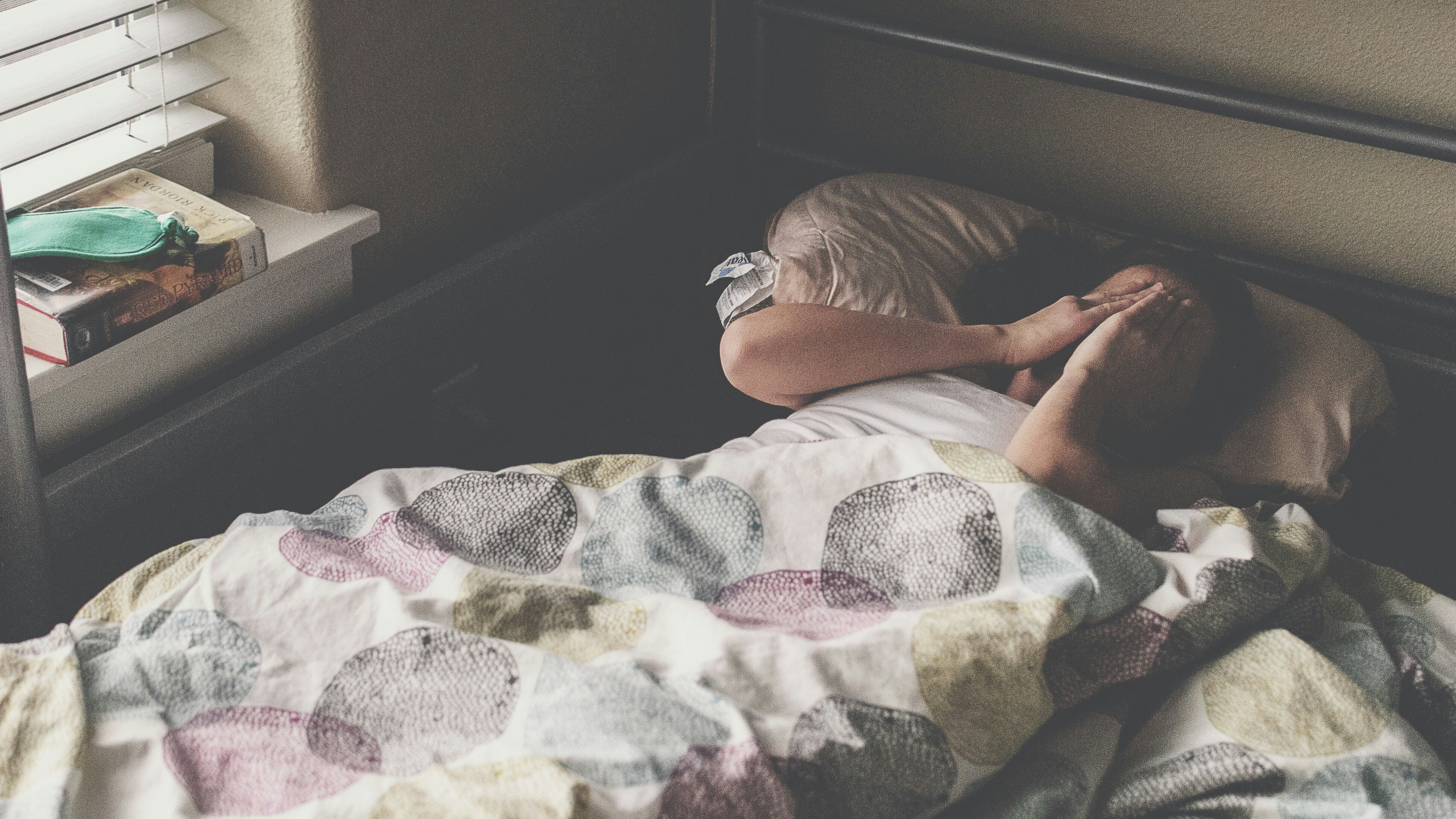
You’re more likely to experience symptoms of sleep inertia or sleep drunkenness when you:
Sleep inertia can also be worsened by shift work sleep disorder, obstructive sleep apnea, and certain types of circadian rhythm sleep disorder.
what you can doSleep inertia is a natural part of waking up, but you can limit its effects by:
- regularly getting a full night’s sleep
- limiting naps to less than 30 minutes
- drinking coffee or another caffeinated beverage when you get up
If your symptoms persist, visit your primary healthcare provider. They can rule out an underlying sleep disorder.
Blue light is any artificial lighting that emits blue wavelengths, which aren’t necessarily a bad thing. During daylight hours, they can boost alertness and mood. But this isn’t the vibe you’re going for when you’re heading off to bed.
Energy-efficient lighting and electronic screens have increased our exposure to blue light, especially after sundown.
Blue light, more than other types of light, suppresses the secretion of melatonin, a hormone that helps regulate your body’s circadian rhythm, which is your sleep-wake cycle. This makes it harder for you to get good-quality sleep, which can leave you feeling tired the next morning.
what you can doTo reduce the impact of blue light on your sleep:
- Avoid screen time for two or three hours before you go to bed.
- Use dim red lights at night, which don’t have as powerful of a melatonin-suppressing effect on your circadian rhythm.
- Expose yourself to a lot of bright light during the day.
- Use blue-blocking glasses at night or an app that filters blue light if you have to use electronics at night.
A poor sleep environment can have a big impact on the quality of your sleep.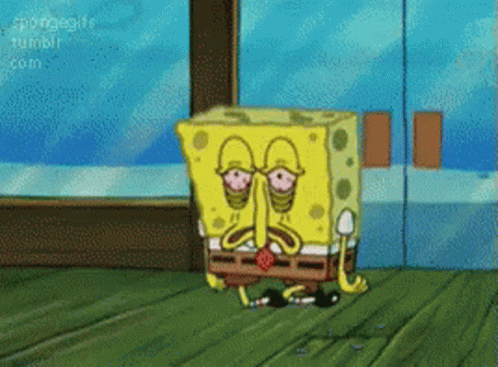
If your morning fatigue is accompanied by stiffness or aching body parts, your mattress could be to blame.
Research shows that a medium-firm mattress is best. The age of your mattress also matters. A small 2009 study found that participants reported better sleep quality and fewer aches and pains in the morning after sleeping on a new mattress.
Mattresses are also home to common allergens — such as dust mites, which can cause nighttime sneezing and coughing, especially in people with allergies and asthma.
Shop all expert-verified mattresses in our sleep shop to work toward your best snooze possible.
What you can doMake sure your mattress isn’t hurting your sleep quality by:
- replacing your mattress every 9 or 10 years, ideally with a medium-firm mattress
- using a hypoallergenic mattress cover if you have allergies
Being too hot or too cold can cause restlessness and make it hard for you to fall or stay asleep.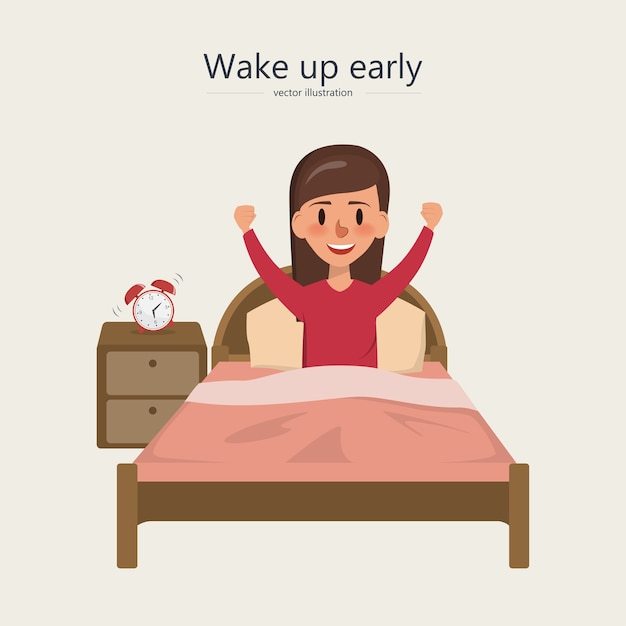 Personal preference should play a role in your bedroom’s temperature, but a cooler room is better when it comes to a comfortable sleep, according to the Cleveland Clinic.
Personal preference should play a role in your bedroom’s temperature, but a cooler room is better when it comes to a comfortable sleep, according to the Cleveland Clinic.
If you still have trouble sleeping, warming your feet by wearing socks may help dilate blood vessels and adjust your internal thermostat.
A 2007 study shows that adults who wore unheated or heated socks to bed were able to fall asleep faster.
Shop all Healthline-approved products for hot sleepers in our sleep shop.
what you can doCreate the optimal temperature for quality sleep by:
- keeping your bedroom between 60°F and 67°F (16°C and 19°C)
- wearing socks to bed or placing a hot water bottle at your feet
- choosing appropriate sleepwear and bedding for your local climate
Even if you’re the type of person who can fall asleep with the TV on, noise can still have a big impact on your sleep quality.
Reducing background noise can help to increase the amount of deep sleep you get each night and decrease the number of times you wake up during the night.
What you can doEven if you can’t get rid of the source of noise, you can try:
- sleeping with earplugs
- using a sound machine, which you can find on Amazon
- keeping your windows and bedroom door closed
What you consume before bed can keep you up at night and make you feel tired in the morning.
Caffeine is a natural stimulant that promotes alertness.
Having too much caffeine during the day or having it too close to bedtime can:
Coffee, chocolate, and certain teas and soft drinks all contain caffeine. Caffeine can also be found in certain medications, including some prescription and over-the-counter pain-relieving medications.
WHAT YOU CAN DOTo keep caffeine from interfering with your sleep:
- Avoid having caffeine three to seven hours before bed.

- Limit your intake of coffee or other caffeinated beverages to one or two servings a day.
- Check medications for caffeine content.
Alcohol has been shown to have a sedative effect and make you sleepy, but it doesn’t lead to a good sleep. According to the Cleveland Clinic, alcohol increases the number of times you wake up once the relaxing effect wears off and prevents you from getting deep sleep.
The more alcohol you consume before bed, the more it disrupts your sleep, increasing your likelihood of waking up tired.
what you can doYou can prevent alcohol from affecting your sleep by:
- avoiding drinking alcohol in the evening
- limiting your alcohol consumption to no more than one drink a day for women and two drinks for men
Drinking too much of anything too close to bedtime can make you frequently get up to urinate throughout the night.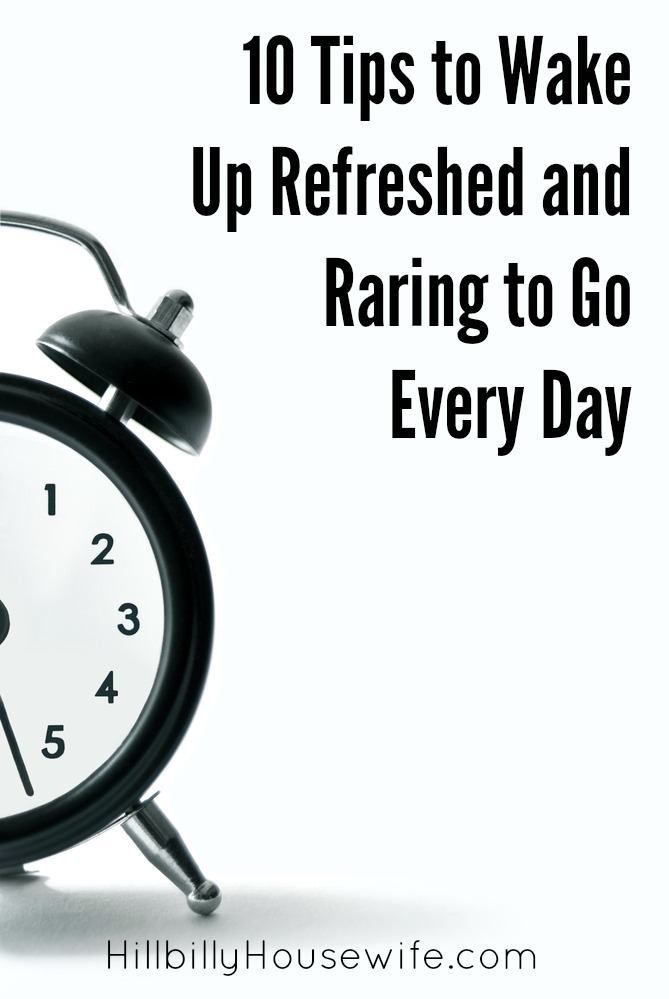 This can also happen in certain situations if you’re retaining a lot of fluid.
This can also happen in certain situations if you’re retaining a lot of fluid.
Excessive urination at night, also called nocturia, may also be a sign of an underlying medical condition. If you continue to wake up two or more times per night to urinate after limiting how much you drink before bed, speak to your doctor.
what you can doYou can reduce how often you get up to urinate by:
- avoiding drinking liquids for at least two hours before bedtime
- cutting back on caffeine and alcohol-containing beverages
- wearing compression socks during the day if you have swollen ankles and legs or certain states of water retention
If nothing seems to be helping your morning grogginess, you may have an undiagnosed sleep disorder.
Sleep disorders require diagnosis and treatment by a healthcare professional, who’ll likely have you come in for a sleep study.
Sleep movement disorders are conditions that cause movement before or during sleep, making it hard to fall or stay asleep.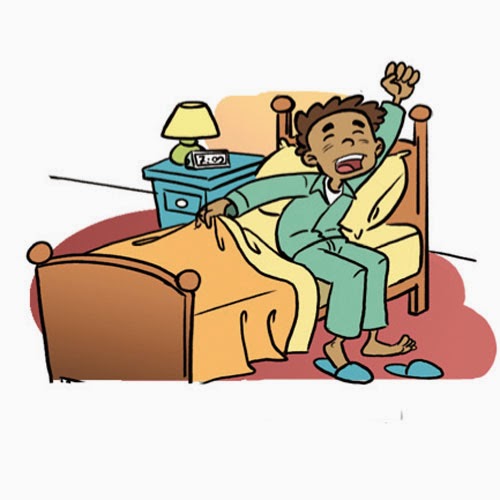
Some common sleep movement disorders are:
Sleep apnea, usually obstructive sleep apnea, is a serious sleep disorder that causes your breathing to stop periodically in your sleep. You may not even realize you have the condition.
Other signs and symptoms of sleep apnea include:
Shop all Healthline-approved products for snoring & sleep apnea in our sleep shop.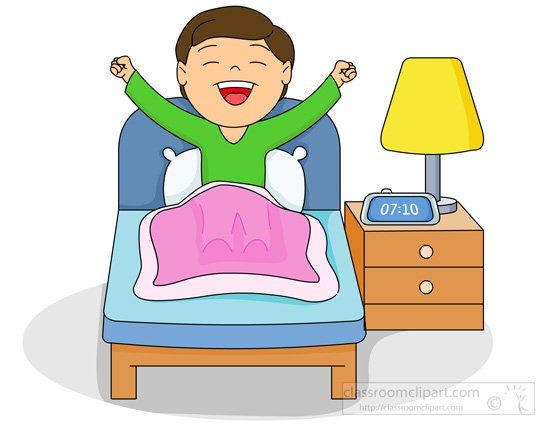
Insomnia involves having a hard time falling asleep or waking up too early and not being able to go back to sleep. Short-term insomnia is very common and often caused by stress, a traumatic event, or sleeping in unfamiliar surroundings, such as a hotel room.
Insomnia that lasts a month or more is considered chronic insomnia. This can be a condition itself or a symptom of an underlying issue.
Along with waking up tired, insomnia can also cause:
Waking up tired can often be remedied with a few changes to your sleeping habits and cutting back on caffeine or alcohol. If nothing seems to be helping, it’s best to follow up with your doctor to check for underlying conditions.
No insomnia, sleep for 7-8 hours, but still wake up tired and exhausted? Well, “congratulations” - with a high degree of probability you are faced with a phenomenon that is popularly called “tiresome sleep syndrome”. It can be a symptom of a range of neurological, psychiatric, and psychological disorders.
It can be a symptom of a range of neurological, psychiatric, and psychological disorders.
Ideally, when a person wakes up in the “REM” phase, then he will feel alert and rested.
Why does it happen that the body sleeps but does not rest? Scientists are still inclined to think that the whole thing is in violation of the sleep cycle. There are two main phases of human sleep: slow and fast (during the first, brain activity slows down, and during the second it accelerates again). These two phases replace each other, form cycles. Ideally, when a person wakes up in the “REM” phase, then he will feel alert and rested. With certain disorders, a person wakes up at the onset of the slow phase - this makes him feel tired and sleepy when he wakes up (and no matter how long he slept).
See also
What is depression?
But what are the disorders that cause such failures? Specialists of the Matspen clinic most often encountered the fact that sleep disturbance appears against the background of chronic depression.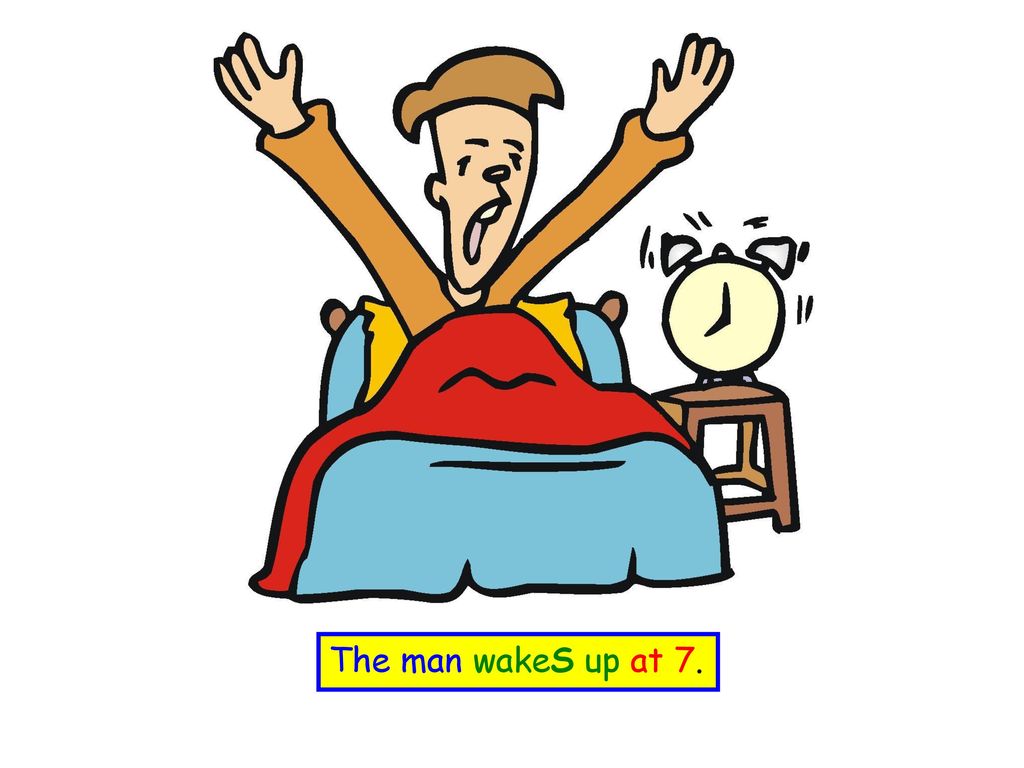 When a person feels internal discomfort, dissatisfaction and a sense of anxiety, it is difficult to count on healthy sleep. In most cases, these disorders provoke insomnia, but sometimes they cause "tiresome sleep syndrome."
When a person feels internal discomfort, dissatisfaction and a sense of anxiety, it is difficult to count on healthy sleep. In most cases, these disorders provoke insomnia, but sometimes they cause "tiresome sleep syndrome."
Another "disturber" of sleep is anxiety. These may be some external factors that do not allow you to completely relax, physical overstrain, anxiety. For example, restless sleep syndrome is often observed in pregnant women who are afraid to take the wrong position and harm the fetus. In some cases, this anxiety causes them to constantly wake up at night to take the desired position, and sometimes they still fall asleep, but remain physically tense.
With the syndrome of "tiring sleep" only a specialist will help.
How to deal with this syndrome? It is useless to take sleeping pills - this is not the case, you can only aggravate the situation. With the syndrome of "tiring sleep" only a specialist will help. In the Matspen clinic, first of all, psychotherapeutic, psychological, and neurological studies are carried out. The physical health of a person is necessarily checked (restless sleep syndrome may appear due to pathologies of the brain, snoring, sleep apnea).
In the Matspen clinic, first of all, psychotherapeutic, psychological, and neurological studies are carried out. The physical health of a person is necessarily checked (restless sleep syndrome may appear due to pathologies of the brain, snoring, sleep apnea).
The treatment of the syndrome requires an integrated approach to eliminate the phenomena provoking it. Be sure to conduct sessions of cognitive-behavioral psychotherapy. In the case of severe neurosis and depression, they resort to taking antidepressants. The duration of the course of treatment is determined based on the results of the diagnosis and can last from 2 to 6 weeks.
Share:
Health
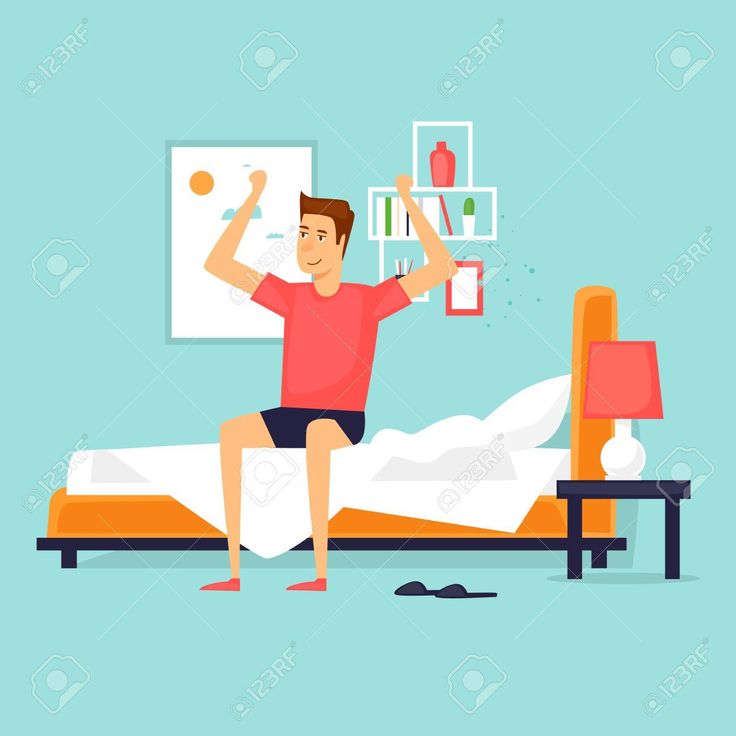 In order for the body to recover, it needs a sound sleep of at least 8-9 hours. If we are talking about chronic fatigue, then everything is more complicated. One night this problem is definitely not solved.
In order for the body to recover, it needs a sound sleep of at least 8-9 hours. If we are talking about chronic fatigue, then everything is more complicated. One night this problem is definitely not solved. According to statistics, 10 to 20 percent of various mental illnesses begin with fatigue. For the same reason, some drivers get into fatal accidents. When you constantly feel tired - this is a wake-up call, writes the British edition of Express. Especially when you can’t even take your head off the pillow in the morning, despite the fact that you got enough sleep. Experts have named 10 main reasons due to which you may feel tired after waking up.
Iron deficiency anemia most often affects pregnant women and women with heavy menstruation.
Children and adults with iron deficiency feel constant fatigue, their heart function is disturbed, shortness of breath develops. The immune system is severely affected and, as a result, the risk and severity of infectious diseases increase.
During sleep apnea, a person stops breathing during sleep, which lasts for several seconds. During this period, it may seem to him that someone is strangling him, he wakes up, snorts in his sleep, or snores very loudly.
This condition is most common in overweight middle-aged men, and drinking and smoking exacerbate it.
When the thyroid gland malfunctions, it can lead to a feeling of constant fatigue.
As the endocrinologist Anzhelika Chizh explained, there are other symptoms that indicate that not everything is in order with the thyroid gland. Among them are palpitations, increased sweating, increased irritability or apathy, pain on the front of the neck, hair loss.
This is a disease in which a person develops intolerance to the gluten protein. It is serious, hereditary, autoimmune. A complete rejection of gluten is expected.
In humans, the small intestine is damaged, some nutrients cannot be absorbed.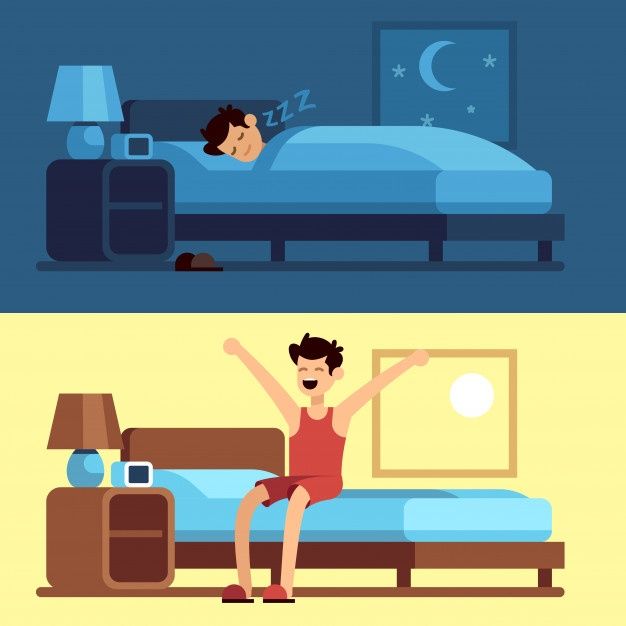 Other symptoms include diarrhea, bloating, and lethargy.
Other symptoms include diarrhea, bloating, and lethargy.
Doctors do not recognize this syndrome as a disease. However, it can poison your life quite a lot. Most often, people from 20 to 50 years old who live in big cities and are engaged in intellectual work suffer from it. You can read more about chronic fatigue syndrome here.
Constant fatigue is a classic symptom of both type 1 and type 2 diabetes. Some people live with the disease and see a doctor months or even years later.
Diabetes mellitus can be suspected by persistent thirst, frequent urination, blurred vision, itching, and weight loss.
Infectious mononucleosis is an acute viral disease accompanied by fever, tonsillitis, lesions of the lymph nodes, liver, spleen and characteristic changes in the hemogram (monocytosis).
Most often this disease affects people at a young age. Mononucleosis, also known as the "kissing disease," can be transmitted through saliva and increase the risk of developing multiple sclerosis.
In this difficult life period it is difficult for a person to fall asleep, but it is even more difficult to wake up. “The most difficult time is the morning,” psychologists say. It is during these hours that we are most vulnerable, which is why it is so difficult to tear our heads off the pillow and start a new day. How to understand that you have depression? Psychologist Mikhail Labkovsky listed 9main features.
A person who suffers from Restless Leg Syndrome often wakes up at night and feels tired in the morning. The main causes of restless legs syndrome are vitamin deficiency, endocrine diseases, pathologies of the musculoskeletal system , diseases of the arteries and veins . According to neurologist Maria Shcheglova, both young and elderly patients complain of this syndrome. It has many causes, but doctors know how to treat it.
If you are constantly worried during the day, a lot of nervousness, then in the morning you will certainly feel tired.